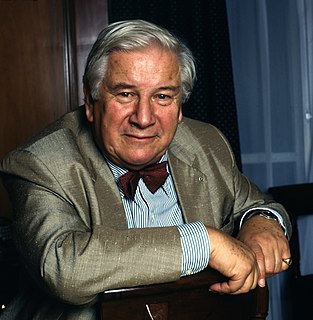A Quote by Julian Baggini
As a teenager, I increasingly had questions about religion to which I found no good answers.
Related Quotes
Anarchism as the name for an ideal total social form is a really complicated question. I have never found satisfying answers from anarchists about the definition of the state they are opposed to. Most are opposed to coercive forms of state power. Questions about large scale systems of organization and how they will be funded - those are questions it's hard to get anarchists to give good answers to.
I literally feel like books saved my life. I found these people. Me reading Camus and Kafka, all of the tortured teenager stuff of someone who's falling in love with books. These people, these writers had the questions. They may not have had the answers, but they're not afraid to look at the questions head on. It was just life-changing for me. Yeah, books, honestly, I can't even tell you. I feel saved by books; I feel like they let me be who I was and find the world I wanted to be in.
I think as you grow up and you see things which are around you and you ask questions and you hear the answers, your situation becomes more and more of a puzzle. Now, why is it like this, why are things like this and since writing is one way in which one can ask this questions and try to find these answers, it seems to me a very natural thing to do, especially as it meant stories which I always found moving, almost unbearably necessary.
I'm a pretty solid Christian. But even as an altar boy, I was always asking the bigger questions--you know: if God is, in fact, good, what is all this death I see? And if God is gentle, what is all this suffering I see? I've found some of the answers in Eastern religion. It explained my Christianity to me. Good and evil are the same thing. You can't have one without the other. It's the balance, it's the temperance of things.
Philosophy is to be studied, not for the sake of any definite answers to its questions, since no definite answers can, as a rule, be known to be true, but rather for the sake of the questions themselves; because these questions enlarge our conception of what is possible, enrich our intellectual imagination and diminish the dogmatic assurance which closes the mind against speculation; but above all because, through the greatness of the universe which philosophy contemplates, the mind is also rendered great, and becomes capable of that union with the universe which constitutes its highest good.
Our society is falling back increasingly on rampant consumerism and self-promoting social media as a way for people to feel that their lives matter - self-centered means of numbing the questions of mattering. Culture has relapsed back into the self-aggrandizing, glorifying answers that the Athenians had presumed, which had Socrates railing against them until he got so annoying that they killed him.


































